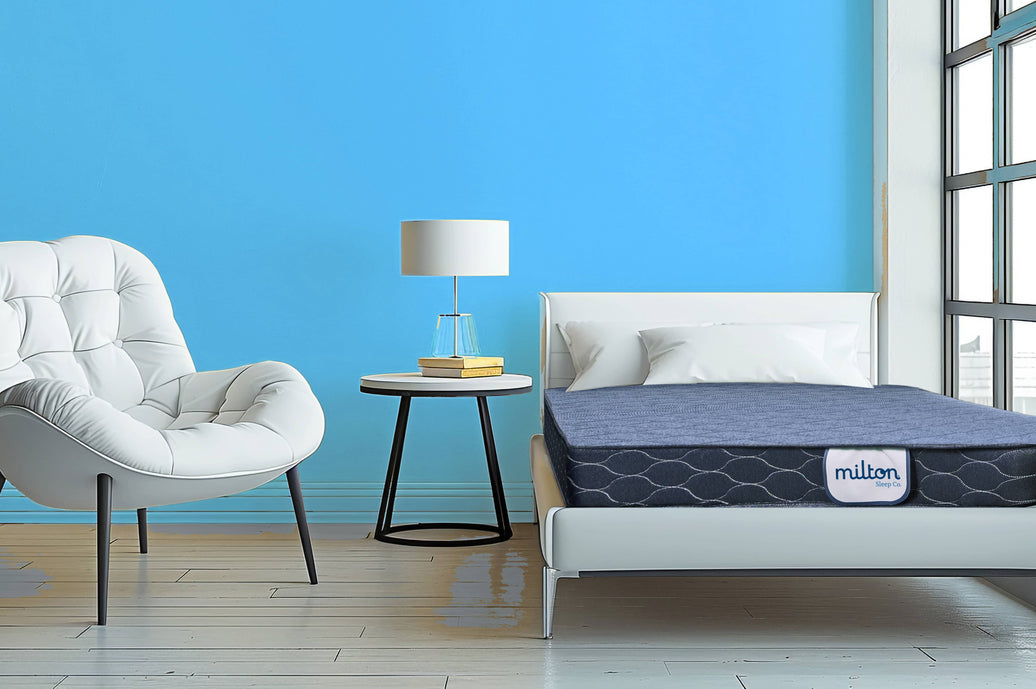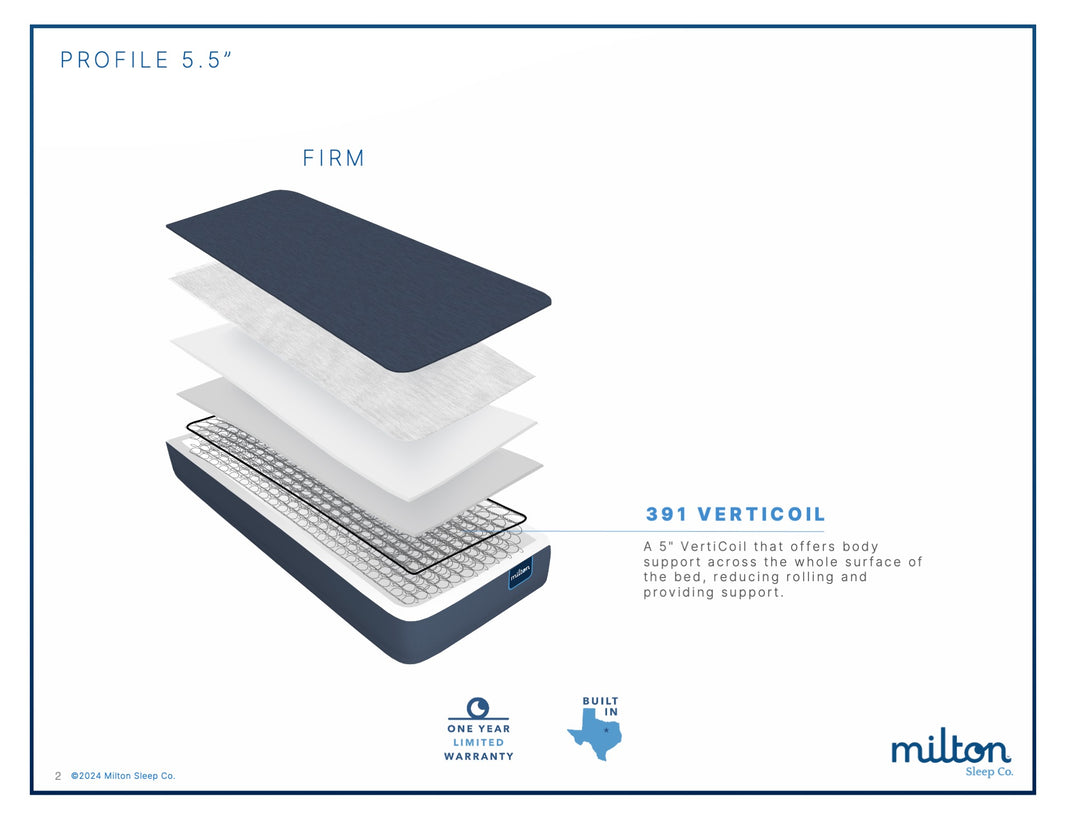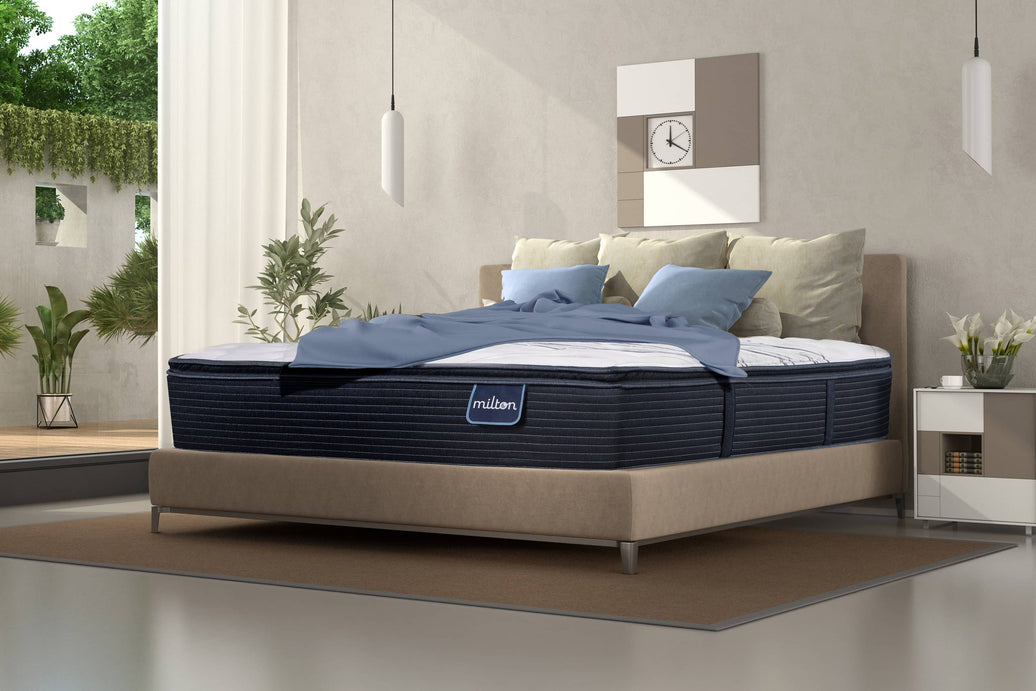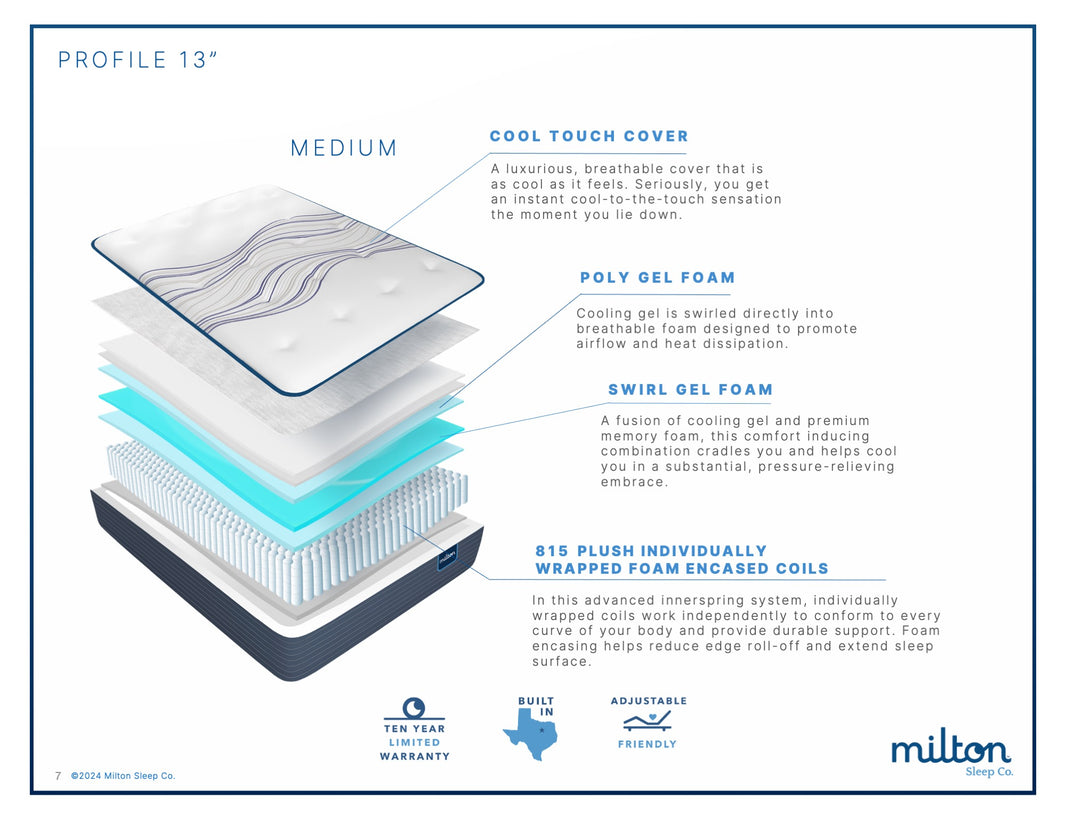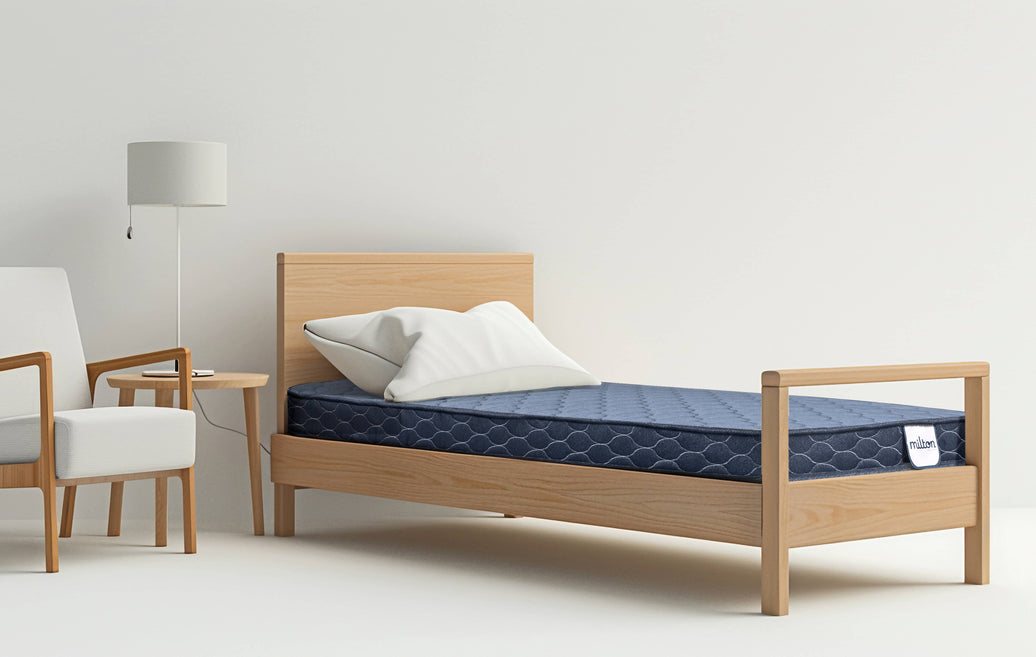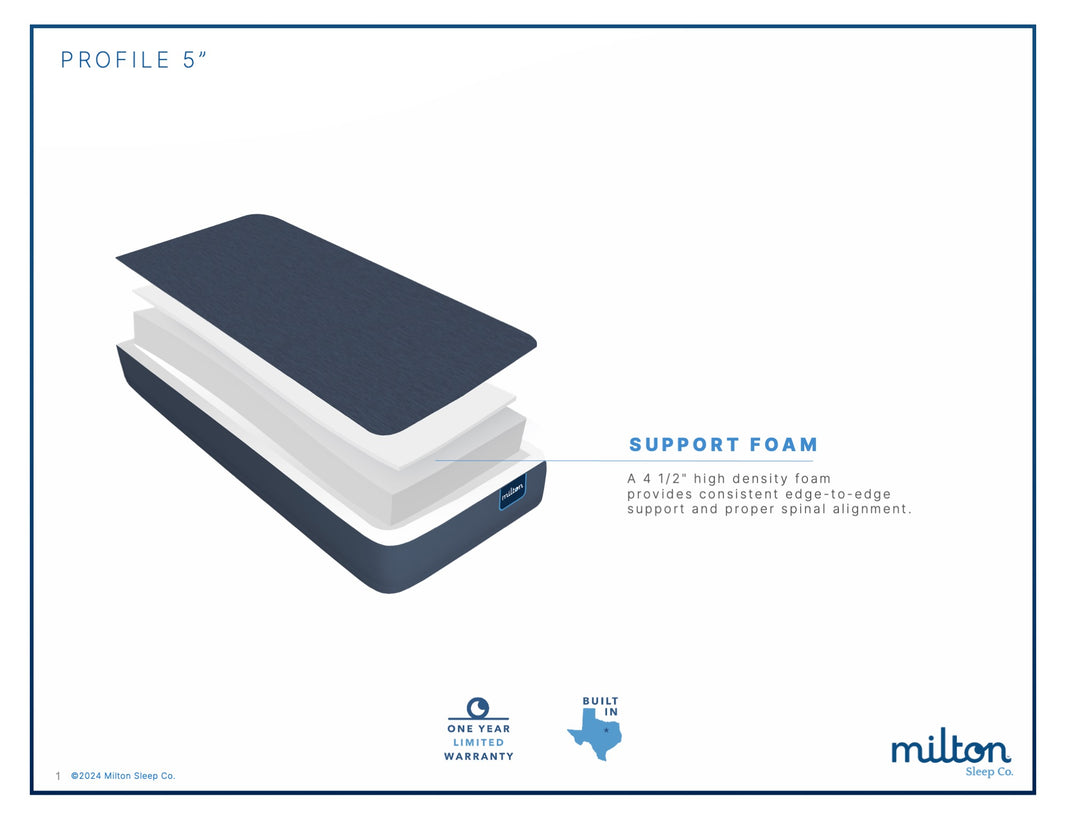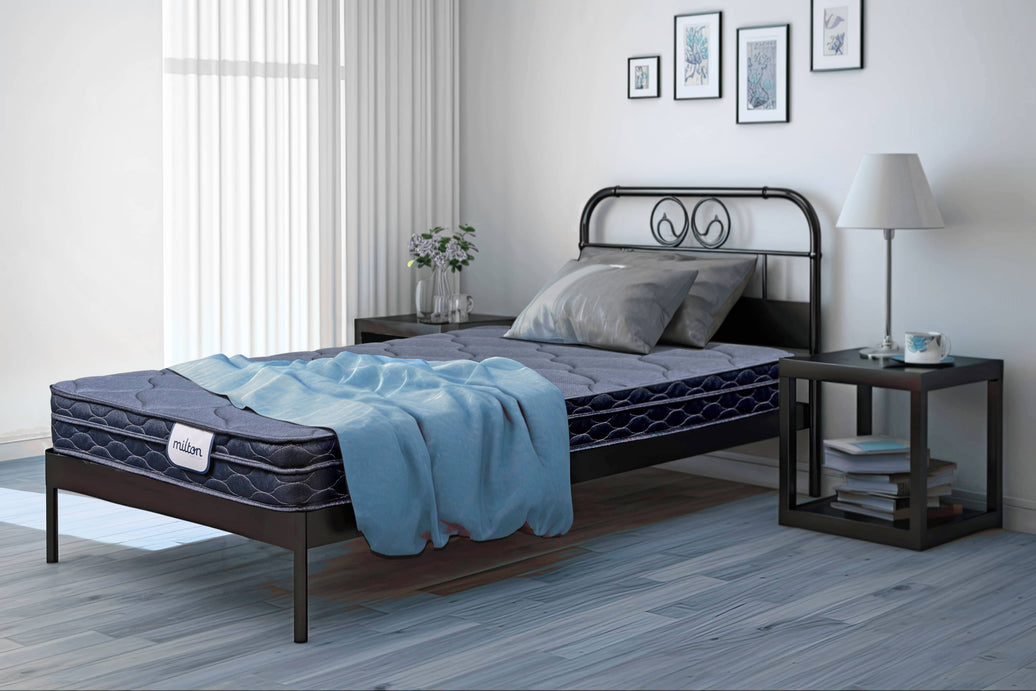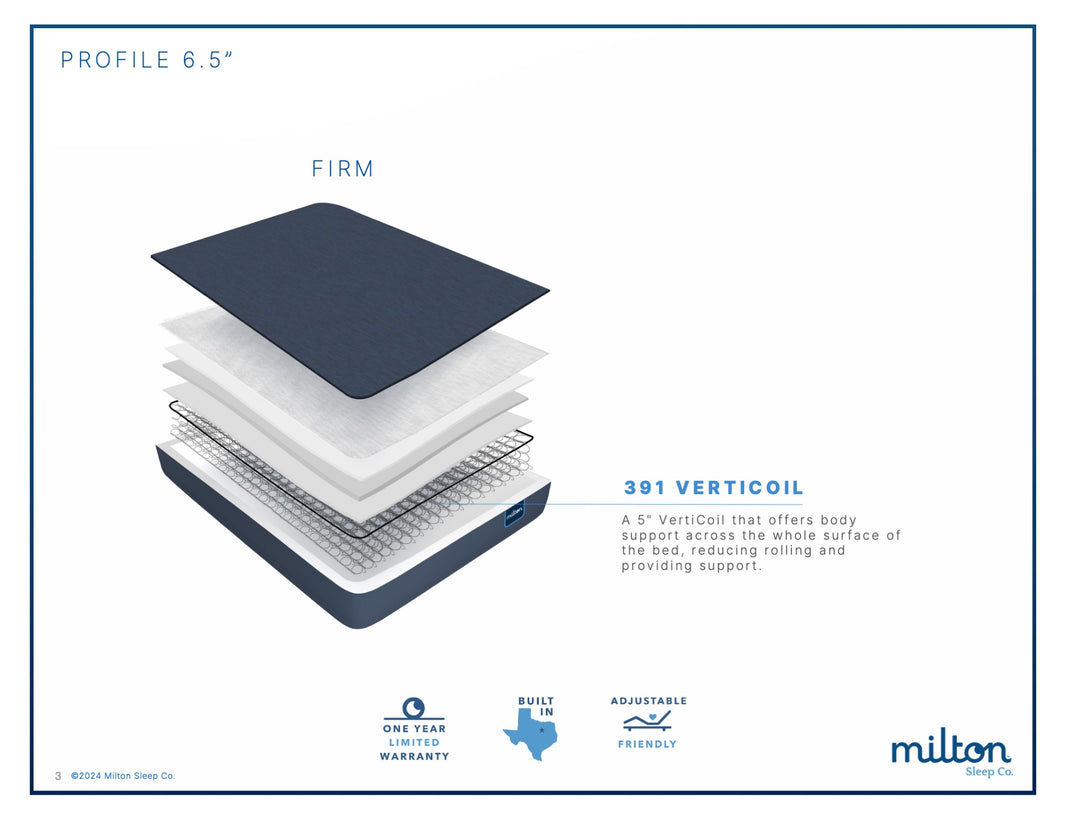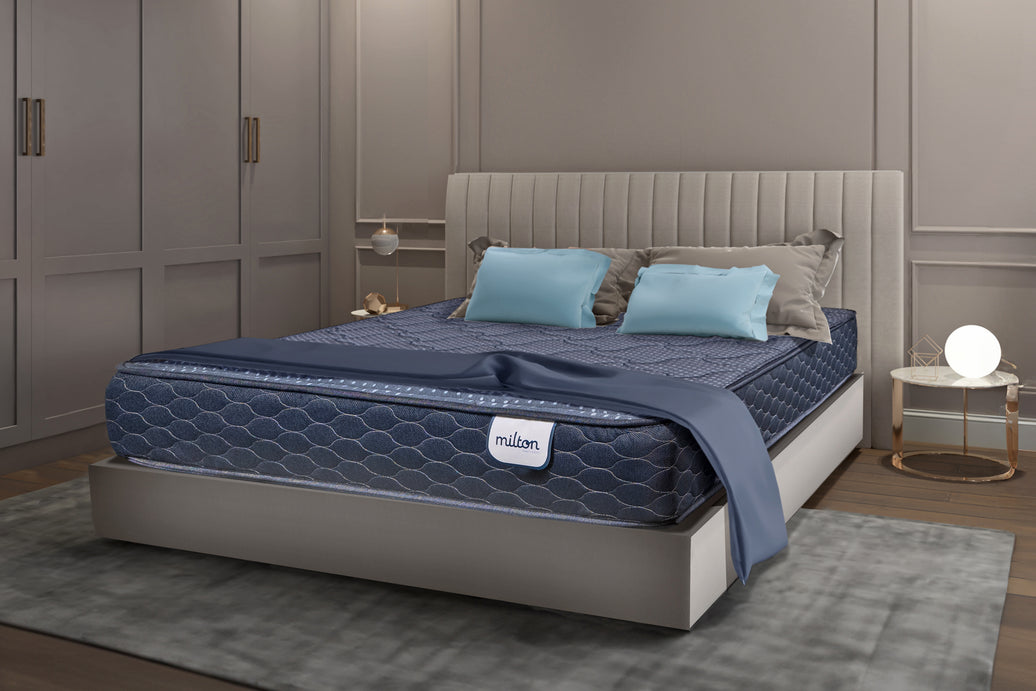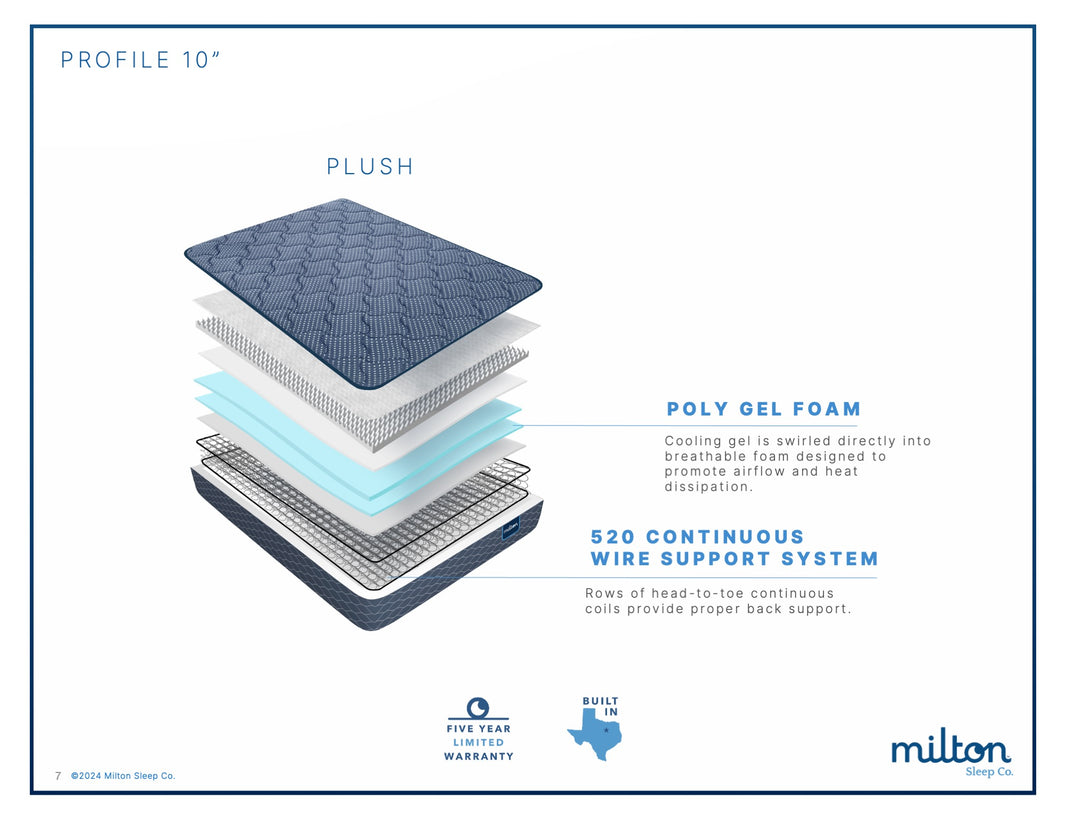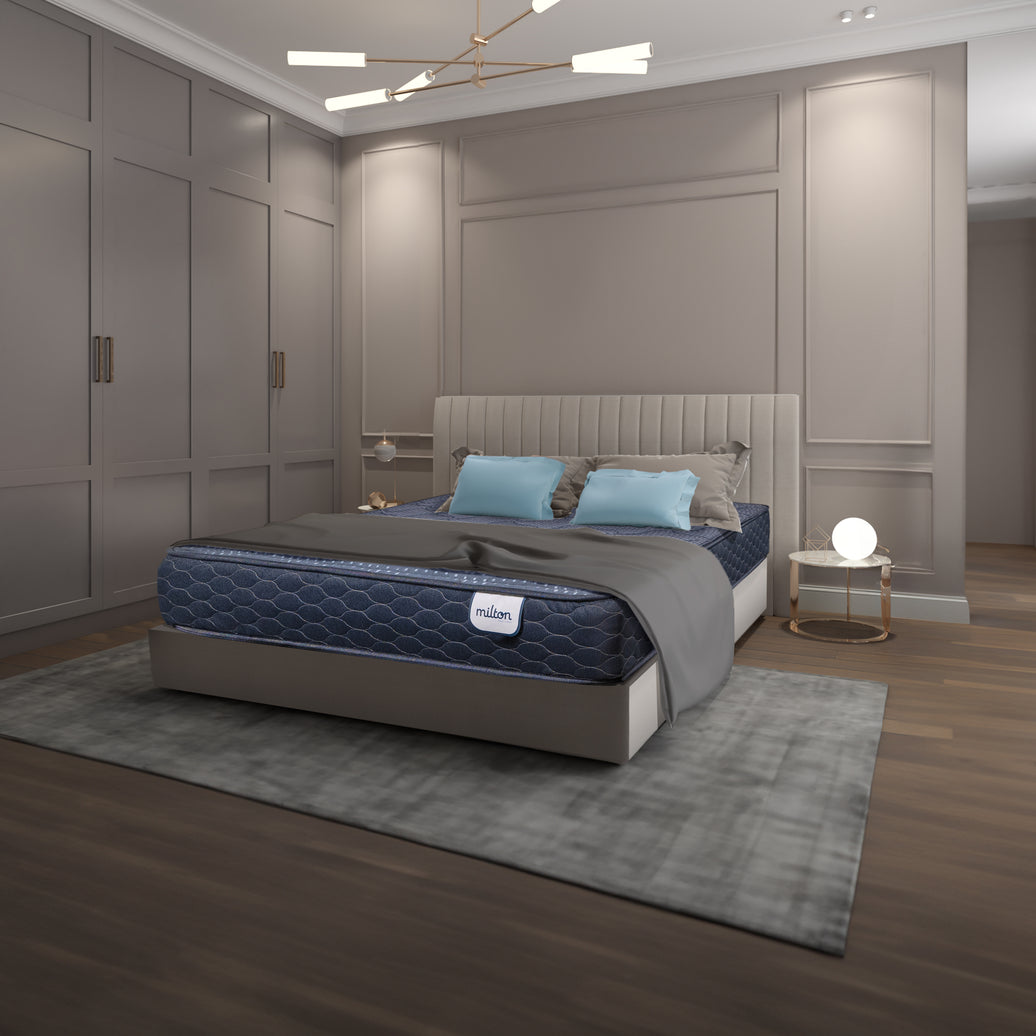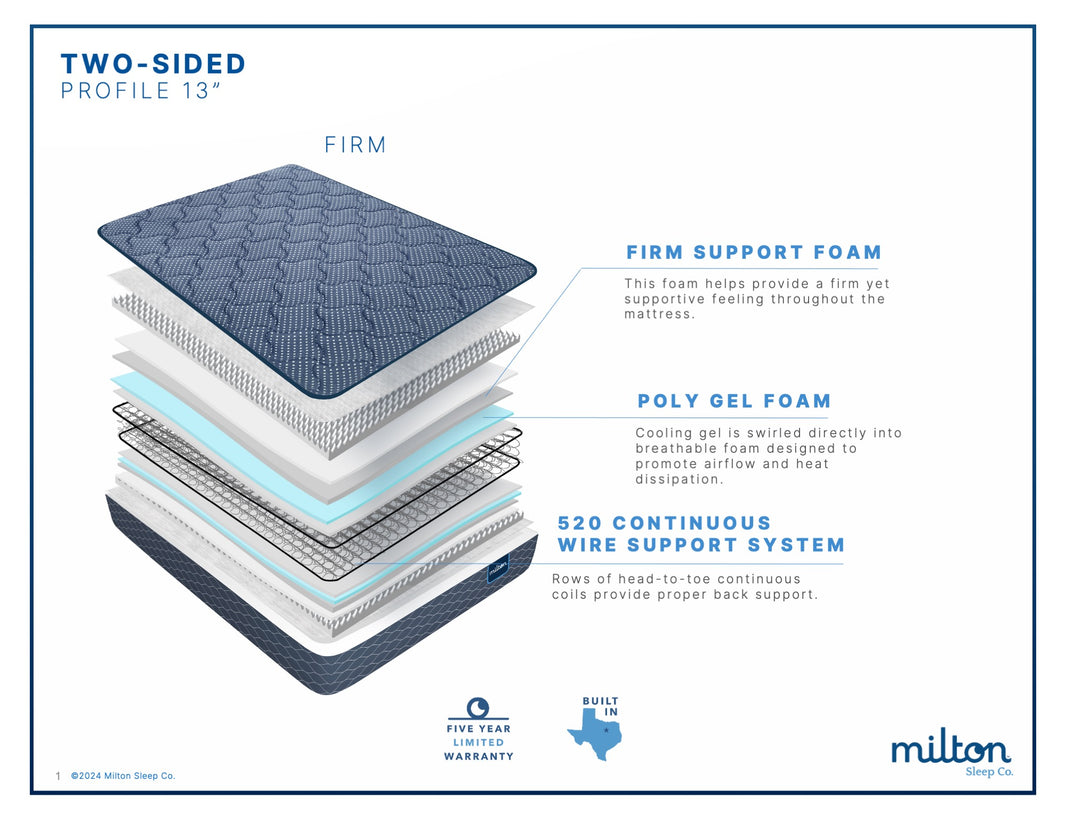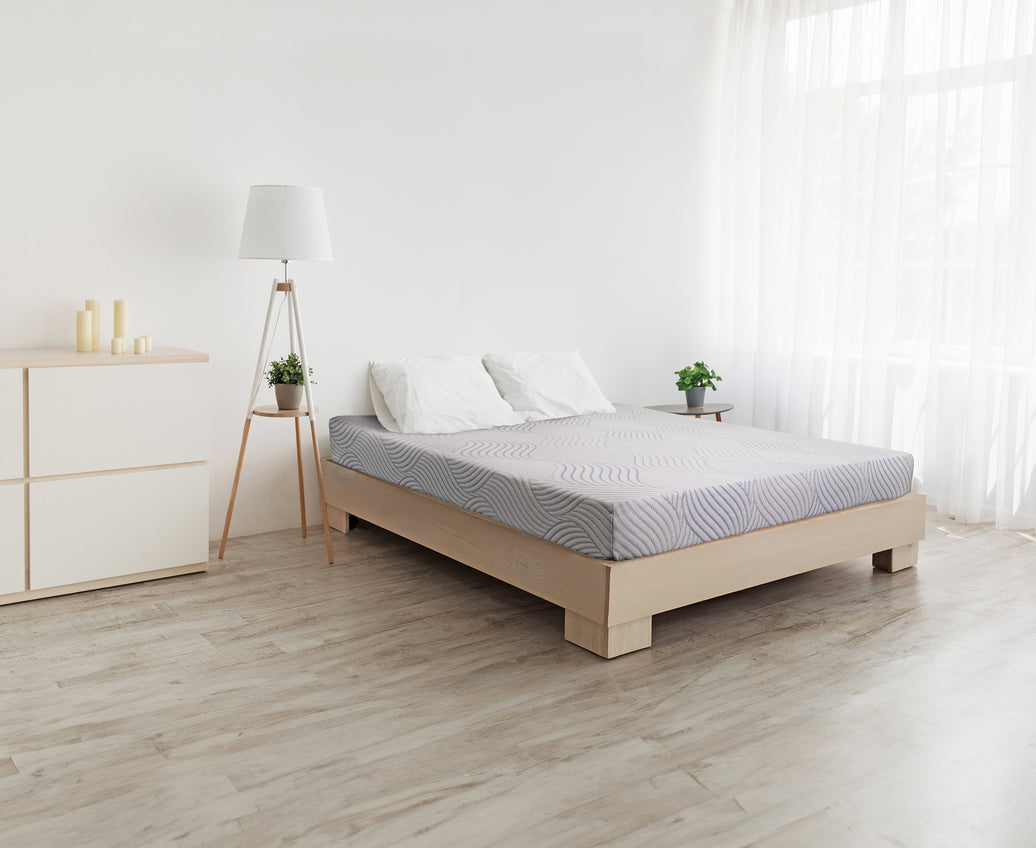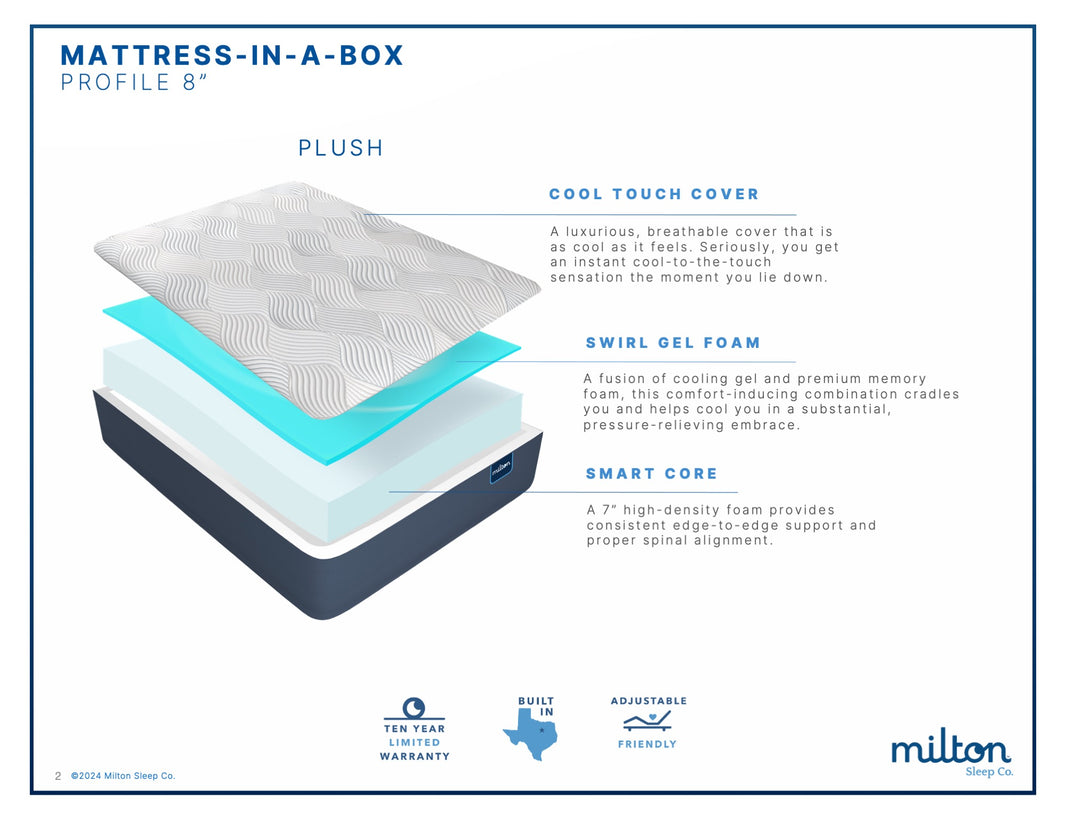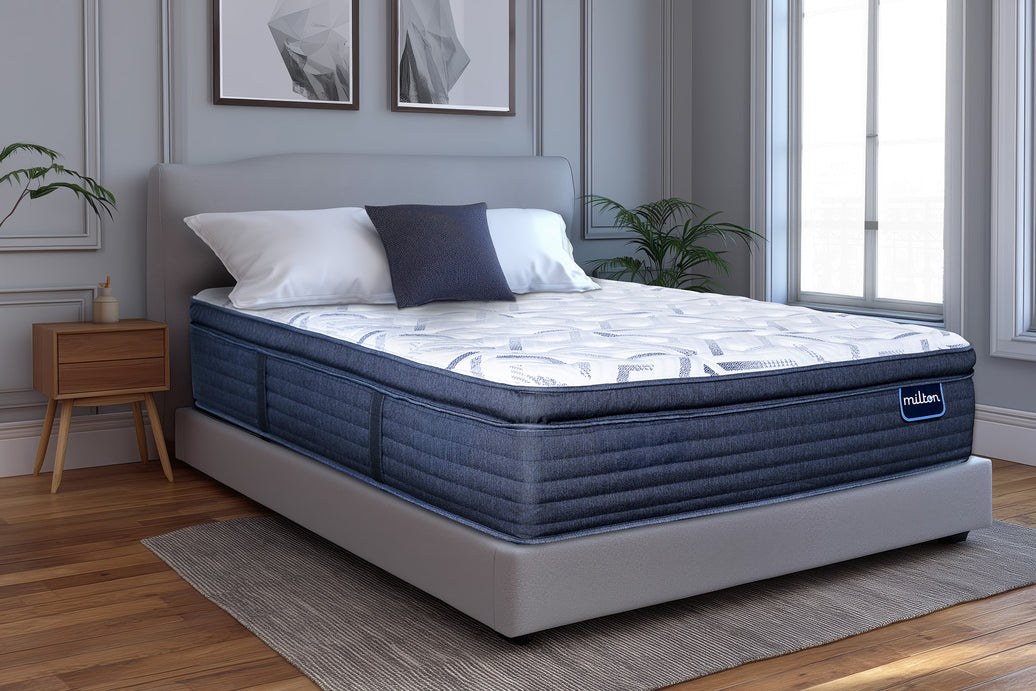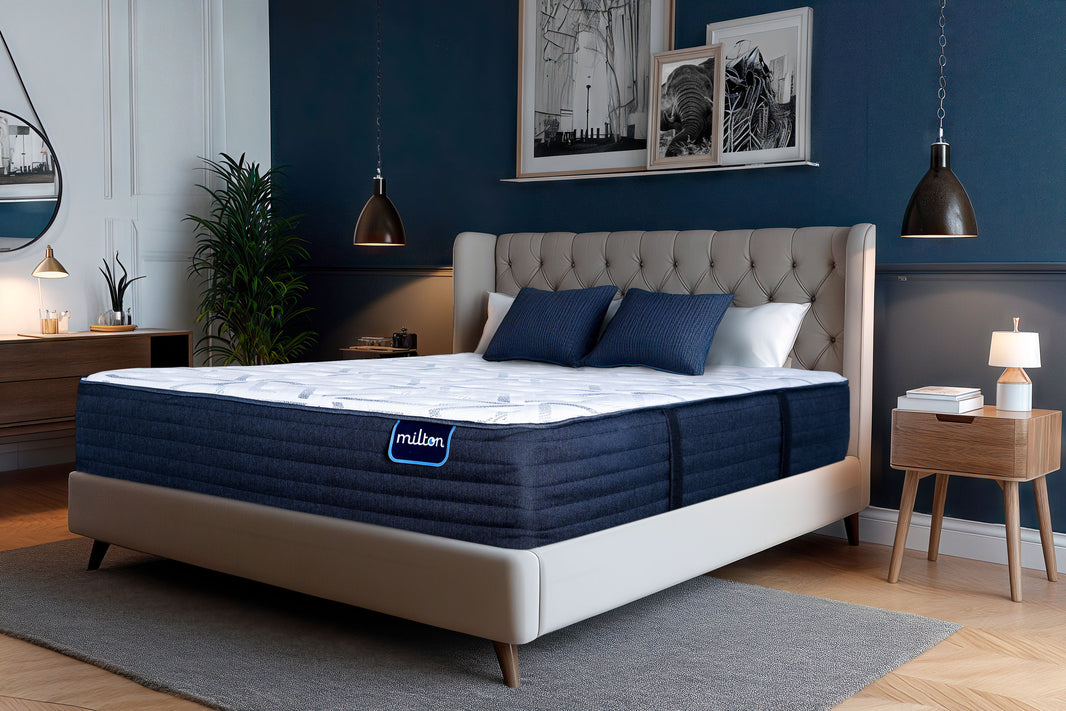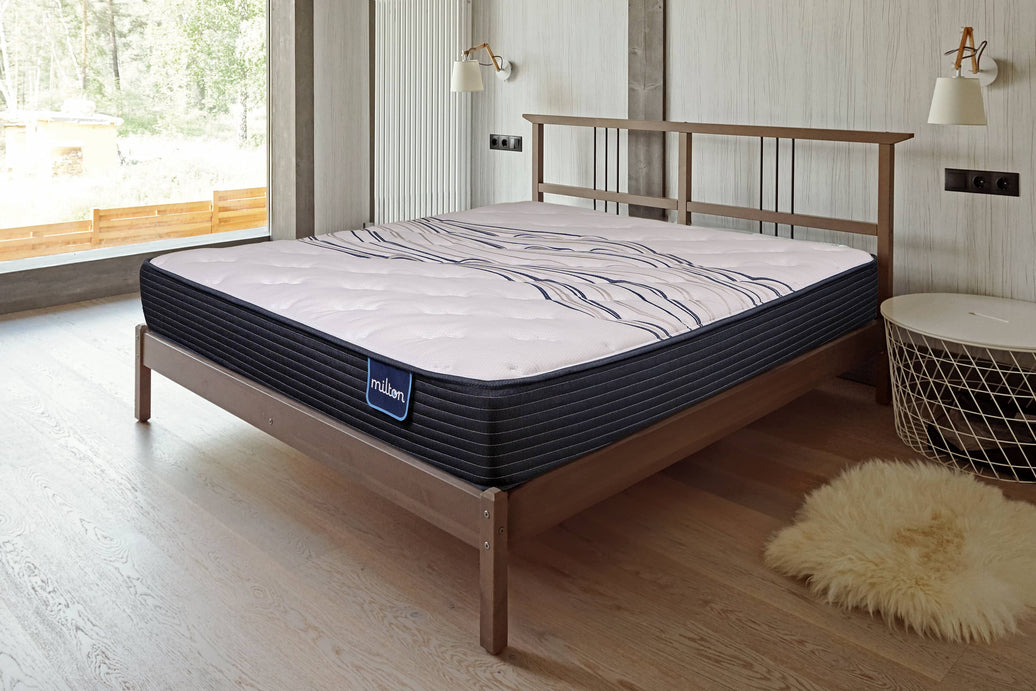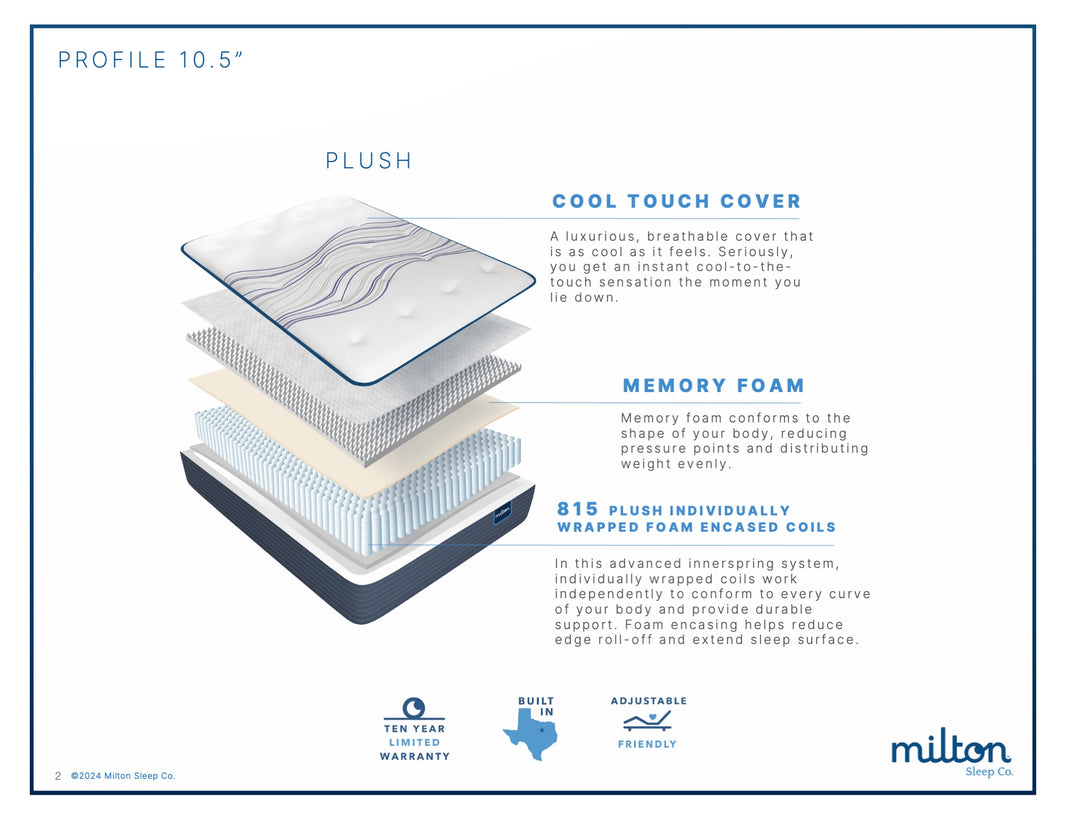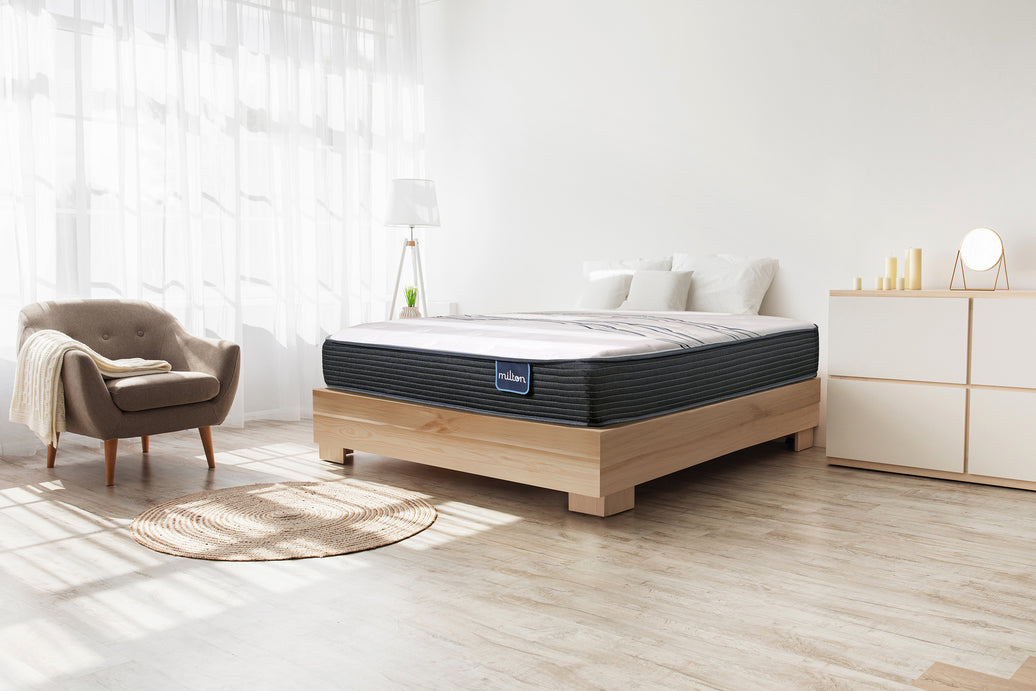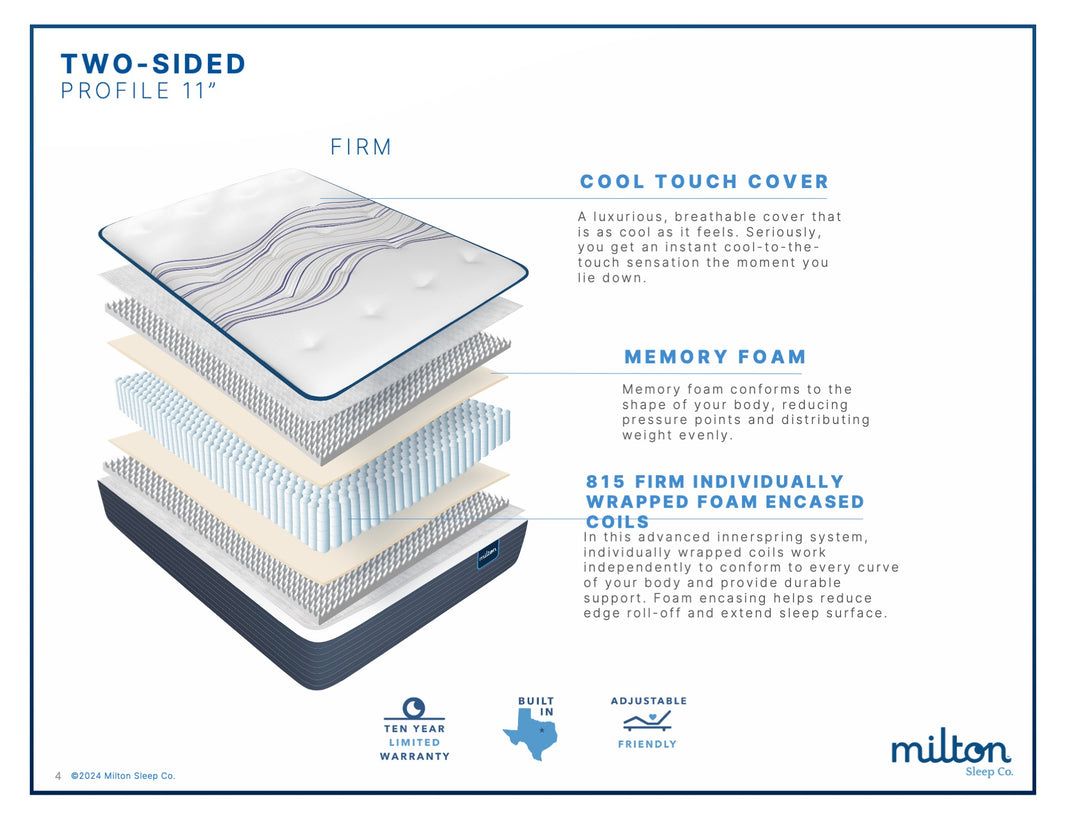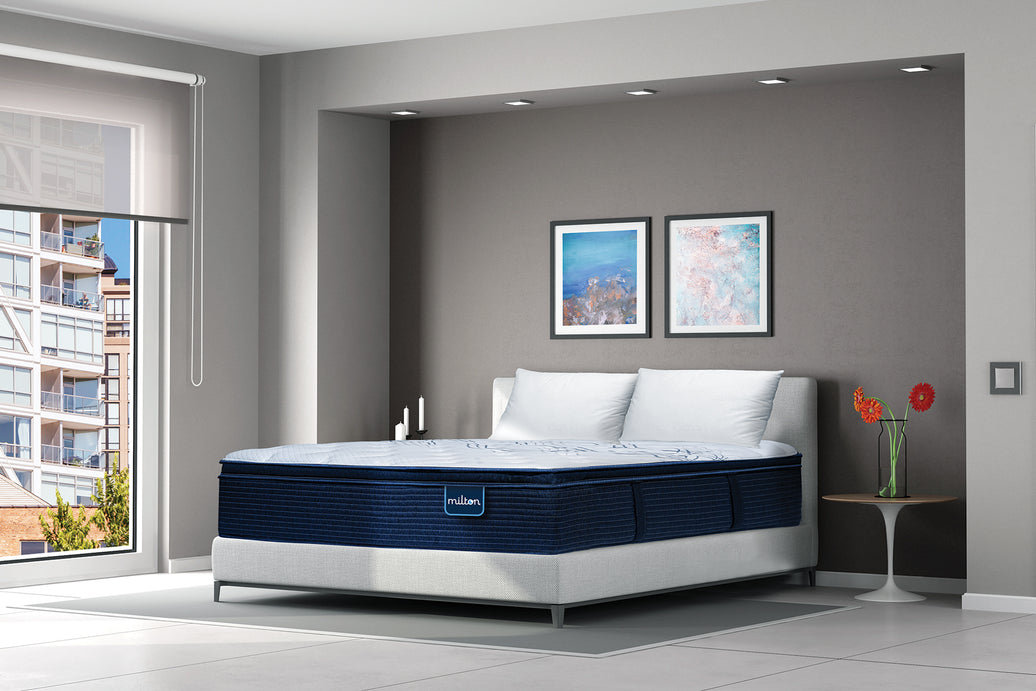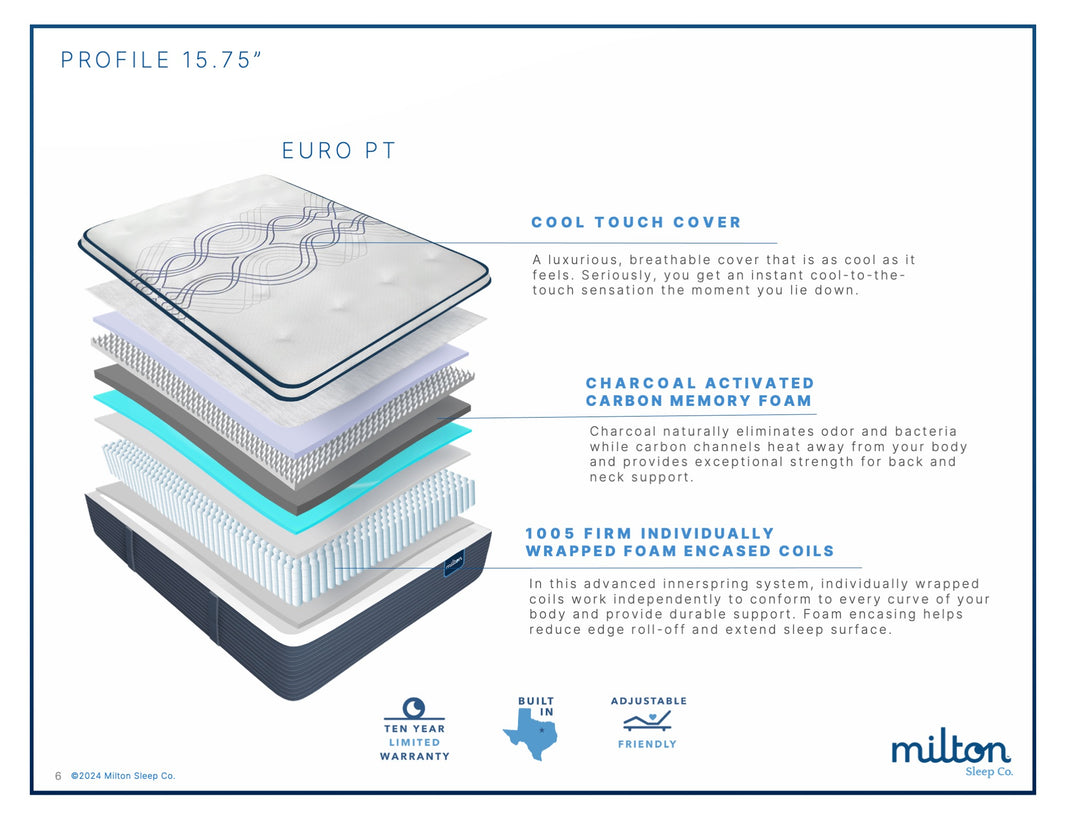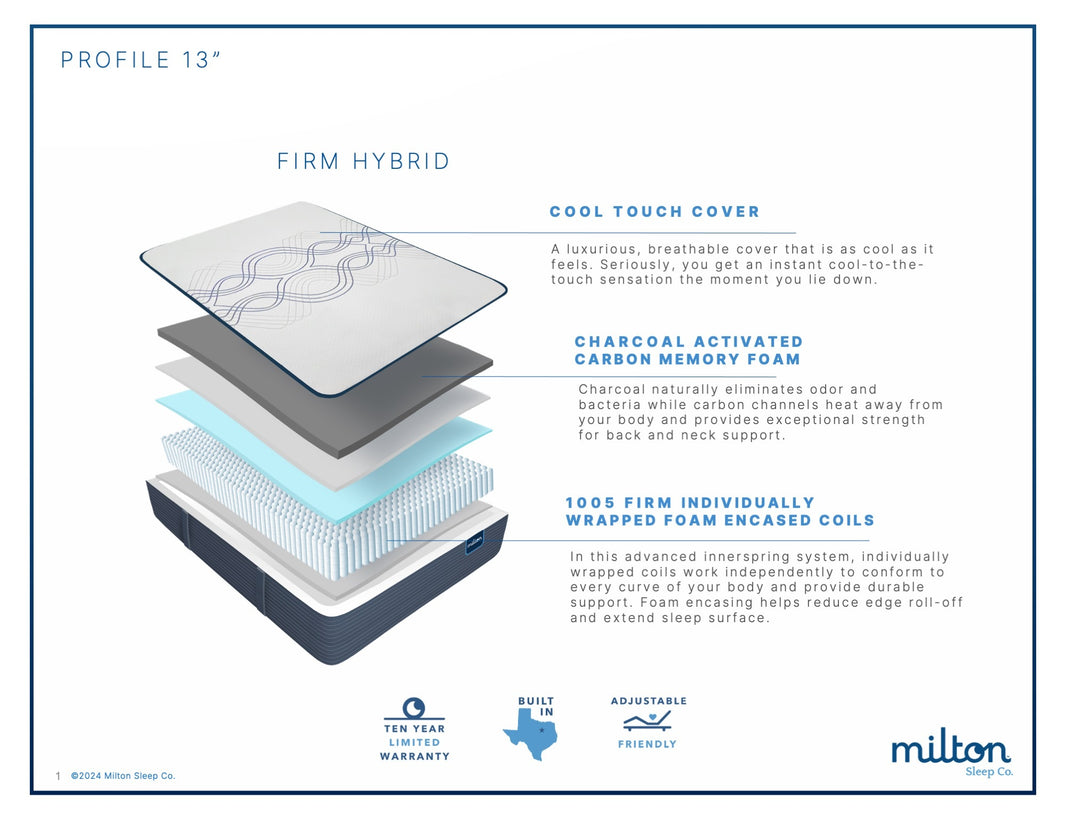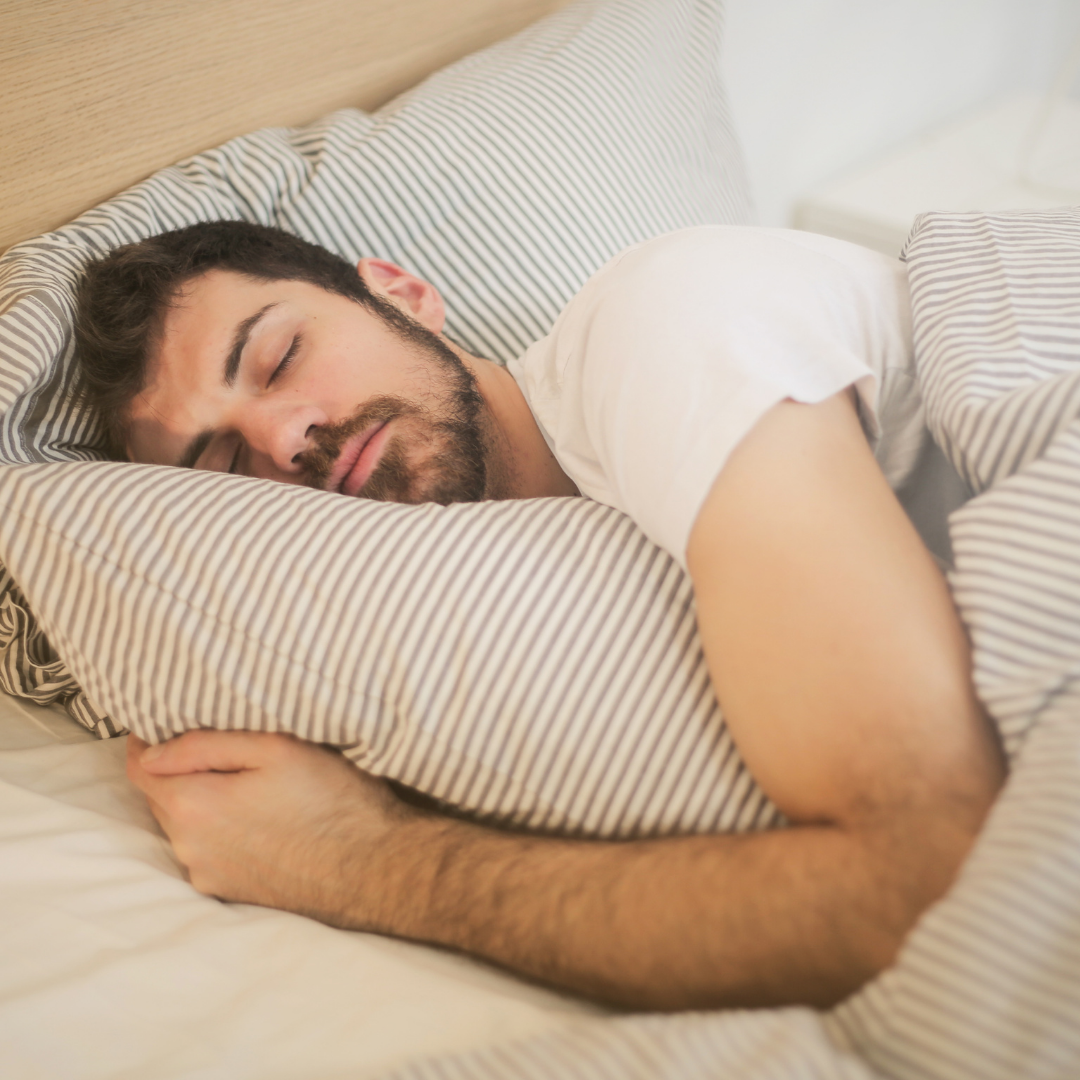Practicing good sleep hygiene could hold the key to better, more consistent nights of rest.
If it’s a concept you’re not familiar with, sleep hygiene refers to having daily routines and a bedroom environment that promote consistent sleep.
Having ‘ideal’ or perfect sleep hygiene might not be achievable for us all due to a multitude of reasons, but the closer we can get to it, the better our rest will be. It's not difficult, but it does take persistence and need to be prioritized.
How to Practice Good Sleep Hygiene
With a good night of sleep being so foundational to quality of life, it’s important to know what exactly sleep hygiene looks like in a daily routine and how we can emulate good practices.
Keeping a consistent sleep schedule, making your bedroom cozy and relaxing, building in an hour of quiet time before bed, and exercising during the day can all contribute to ideal sleep hygiene.
Paying attention to sleep hygiene is one of the quickest and most cost-effective ways to achieve better rest. What’s great about it is that sleep hygiene practices can be tailored to fit your lifestyle.
In the process, you can create positive habits to make it easier to sleep soundly throughout the night and wake up well-rested. Here are some of our favorite sleep hygiene practices.
-
Have a fixed wake-up time. Regardless of what day of the week it is, try to wake up around the same time each day – including weekends! Doing so can help keep your circadian rhythm consistent and lead to less fluctuation in alertness/tiredness.
-
Prioritize sleep as part of your routine. It might be tempting to skip sleep for work, socializing, study, or exercise, but it’s important to treat sleep as a priority.
- Nap intelligently. Naps can be a useful for a mid-day rejuvenation, but they can make it harder to sleep at night.
The Hour Before Bed
The hour before you go to sleep may just be the most important time of the day for your sleep.
First, set the time you want to sleep at. That'll be impacted by the time you want to wake up. Make sure you're getting those 7-9 hours.
Then...
Turn off all blue lights as they're thought to disrupt melatonin production. Melatonin helps you naturally fall asleep. This includes your cell phone. There are settings that remove blue light, but it's encouraged to turn your phone off altogether to help calm you down.
Turn down the thermostat. A cooler temperature (between 65 and 68 degrees) can help people sleep better. A mattress with cooling technology, like all of our mattresses, can help.
Use a sound machine. Adding white noise and eliminating outside noise provides a background that helps turn your brain off and ease into sleep.
Dim the lights. A bedside lamp is useful as you won't even need to get out of bed.
Read or journal. Calm your mind and get rid of the day's thoughts.
Do the same thing every night. We are creatures or habit and so are our bodies. You'll naturally become tired if you follow the same routine.
Lastly, upgrade your mattress. Here at Milton Sleep, we use cooling layers, recyclable materials, and varying degrees of firmness that are designed for the way you sleep, the position you sleep in, and the comfort you seek for your best night's sleep.
One of the bigger reasons people can't sleep is because their pillows and mattresses are worn out. If you're going to spend 7-9 hours on something, make sure you're comfortable!
Benefits of Sleep Hygiene
In addition to feeling rested and energized, saving money on your coffee habit (if you want to), and waking up without snoozing your alarm, you'll experience even better benefits with good sleep hygiene.
You may find yourself with a better memory and sharper focus, a well-supported immune system, and feel physically better. It all starts with a series of small decisions to help put you on the right track.

